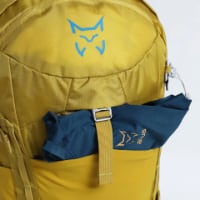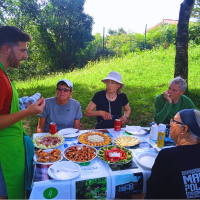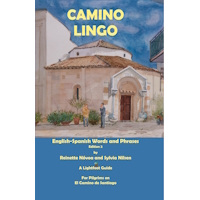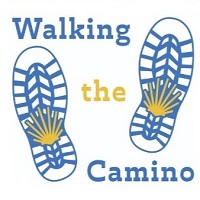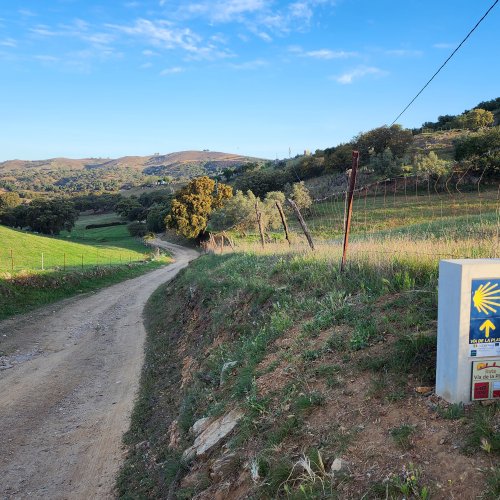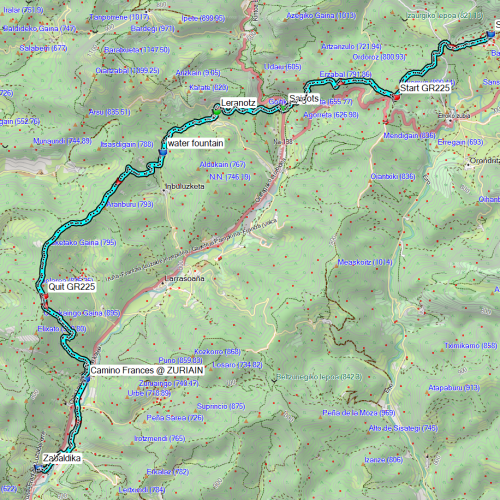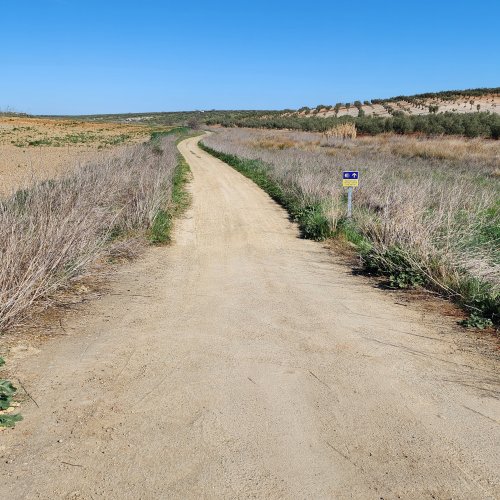As some may know, I am just about to get to know Salomé and Lolita, two 5-year old donkeys, that will travel with our little family on the Le Puy route to SJPP and eventually, maybe, Santiago.
To my considerable surprise this has been met with a great deal of scepticism if not outright contempt by many members of this forum,
Let me say this:
First, there is probably a cultural chasm. Maybe not unlike the American gun culture. As a Canadian, events such as the Charleston shooting make me shake my head in disbelief. And then I remember that the right to bear arms is part of the U. S. constitution, for reasons that may appear to be obsolete, but that are at the core of the idea of individual freedom and responsibilities. America is probably, still, the most progressive society that I know, where freedom of speech means respecting those who speak differently, where civil liberties are most likely to progress.
I chose this example because most non Americans are aware and disapprove of this situation. Americans themselves are profoundly divided. But the question is not simple and goes far far beyond "the gun lobby". Same thing, on a much smaller, different and benign plane, with respect to donkeys. There is more than appears on the surface.
---
My interest in sailing started in the Whitsundays, many years ago. My wife and I thought that it would be fantastic if we could take a sabbatical and sail around the world, back to this magical place.
I am quite methodical and can be obsessive. I read entire bookshelves to try and understand what was involved. Deaths on passage making sailboats are extremely rare and usually involve competitive sailors, in particular those who sail single handedly.
Yet the typical reaction of friends with whom we shared our idea was that it was risky and complicated. Very few do it and so on. Very much what I see here on the donkey front, albeit differently, obviously.
As the best made plans do change, I ended sailing across the North Atlantic with two of my sons and a grad student. Yes it would have been much more convenient to fly. But there is absolutely no comparison between flying and sailing across an ocean.
But my point here is not this.
Two close acquaintances died that Spring. A colleague in a stupid car accident, and a (close) friend from a stroke. Both had worried about our safety.
---
Somewhere between Saint-Antheme and Estivarelles, a couple of days walk north of Le Puy, the GR3 was, for the first time that I am aware of, marked with the stylized yellow on blue Compostela shell. And most unexpectedly I have been moved to tears.
It took me a few minutes to understand why - my pilgrimage is over.
I've been walking alone, for almost a month now. Alone as in party of one. As in nobody else on this path.
And it felt as if today my personal journey had met the footsteps of a thousand years.
Pretty soon I'll be reunited with those who matter (and no, I do not mean the donkeys). And we will travel a little bit like those who did, before, a long time ago. And obviously this will not be like anything we have ever done before.
Why would we do that anyway?
To my considerable surprise this has been met with a great deal of scepticism if not outright contempt by many members of this forum,
Let me say this:
First, there is probably a cultural chasm. Maybe not unlike the American gun culture. As a Canadian, events such as the Charleston shooting make me shake my head in disbelief. And then I remember that the right to bear arms is part of the U. S. constitution, for reasons that may appear to be obsolete, but that are at the core of the idea of individual freedom and responsibilities. America is probably, still, the most progressive society that I know, where freedom of speech means respecting those who speak differently, where civil liberties are most likely to progress.
I chose this example because most non Americans are aware and disapprove of this situation. Americans themselves are profoundly divided. But the question is not simple and goes far far beyond "the gun lobby". Same thing, on a much smaller, different and benign plane, with respect to donkeys. There is more than appears on the surface.
---
My interest in sailing started in the Whitsundays, many years ago. My wife and I thought that it would be fantastic if we could take a sabbatical and sail around the world, back to this magical place.
I am quite methodical and can be obsessive. I read entire bookshelves to try and understand what was involved. Deaths on passage making sailboats are extremely rare and usually involve competitive sailors, in particular those who sail single handedly.
Yet the typical reaction of friends with whom we shared our idea was that it was risky and complicated. Very few do it and so on. Very much what I see here on the donkey front, albeit differently, obviously.
As the best made plans do change, I ended sailing across the North Atlantic with two of my sons and a grad student. Yes it would have been much more convenient to fly. But there is absolutely no comparison between flying and sailing across an ocean.
But my point here is not this.
Two close acquaintances died that Spring. A colleague in a stupid car accident, and a (close) friend from a stroke. Both had worried about our safety.
---
Somewhere between Saint-Antheme and Estivarelles, a couple of days walk north of Le Puy, the GR3 was, for the first time that I am aware of, marked with the stylized yellow on blue Compostela shell. And most unexpectedly I have been moved to tears.
It took me a few minutes to understand why - my pilgrimage is over.
I've been walking alone, for almost a month now. Alone as in party of one. As in nobody else on this path.
And it felt as if today my personal journey had met the footsteps of a thousand years.
Pretty soon I'll be reunited with those who matter (and no, I do not mean the donkeys). And we will travel a little bit like those who did, before, a long time ago. And obviously this will not be like anything we have ever done before.
Why would we do that anyway?


